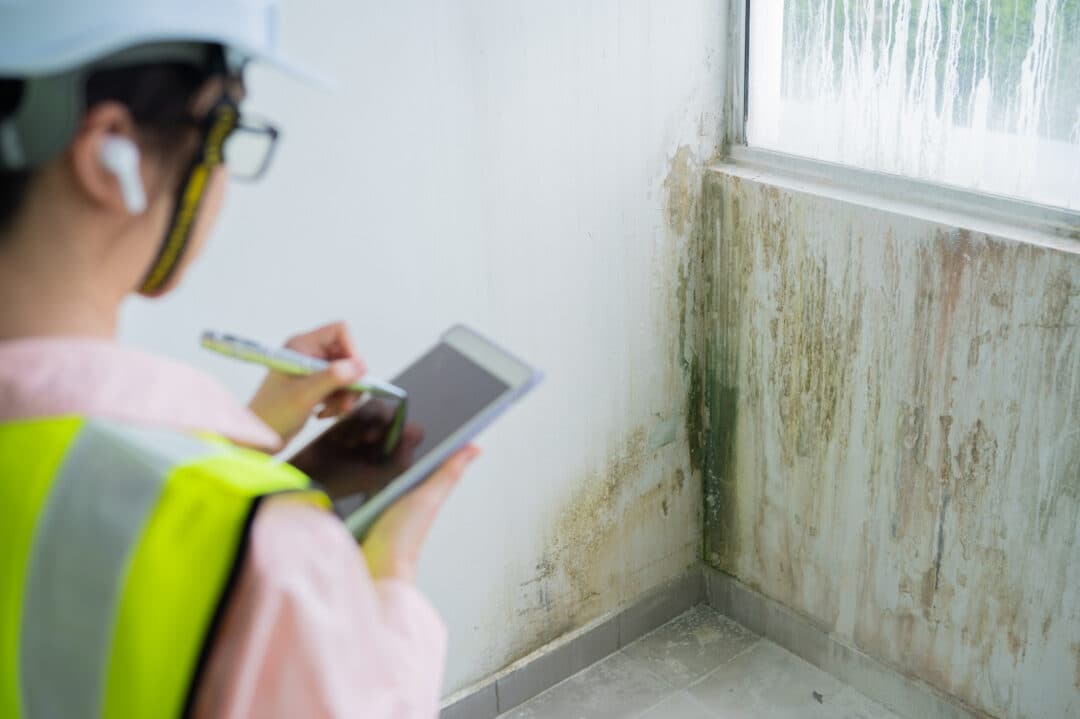Developers: how to always give instant property access

The appetite for developing property continues. Whether an investor is converting a house into flats or a House in Multiple Occupation (HMO), the world of build-to-rent or joining the growing number of developers who are applying to convert offices into residential homes – the right plan can reap worthwhile rewards.
With such projects, however, it is highly unlikely that the developer will be living on site. In fact, the vast majority will live miles away and keeping to a schedule, tracking progress and giving access to contractors can quickly become an issue.
Access issues can cause delays = financial losses
Developers lucky enough to have a site manager will enjoy the benefit of someone on the ground but this presence isn’t guaranteed for the entire build. Managers often split their time between sites, especially at the tail end of a project, with no guarantee they’ll be at a property when a third-party needs access.
Additionally, the issue of access is usually exacerbated once a property becomes watertight and secure. Site managers will find they no longer need to be present full time, and it becomes an annoyance to break away from other jobs to let contractors in and lock up after – especially if the trade is running late. Delayed access usually means delayed completion and therefore lost income.
Developers who are self-managing simply don’t have the luxury of a site manager. Many find the number of specialists, contractors and trades involved in developing a property overwhelming, with frequent access requirements putting a strain on the project owner.
New legislation increases the need for access
From the delivery of materials and end-of-project cleans, to visits by energy assessors, installers and building control, there will be a steady stream of people visiting a development project. In the last 18 months, legislative changes have had a dramatic impact on what’s expected of property developers, leading to an even greater number of visiting third parties.
Many of the requirements are mandatory and relate to building and fire safety, so developers need to have a plan to facilitate frequent access. On 28th April 2022, the Draft Building Safety Bill gained Royal Ascent and became the Building Safety Act 2022.
All types of development projects included
The Act followed official enquiries into the Grenfell Tower fire and severe building defects that resulted in the closure of 17 schools in Edinburgh – a scandal that continues now in 2023. The results have seen a raft of new laws introduced for building owners, building managers and those developing properties, affecting how buildings are constructed and managed thereafter. The Act applies to student accommodation, care homes and sheltered housing, as well as private and social dwellings, and covers projects that involve a change of use, material alterations and extensions, as well as new builds.
There are now more stringent requirements when it comes to cladding, sprinkler systems and wayfinding signage. Furthermore, in June 2022, the Fire Safety (England) Regulations 2022 were introduced, with most aspects becoming enforceable in January 2023. These regulations require the building’s owner, or the ‘responsible persons’ (this could be a property manager, estate manager or letting agent), to meet a new set of fire safety obligations.
For high-rise residential buildings, these include:
- Undertaking monthly checks on the operation of firefighters’ lifts and evacuation lifts in the building, where present, and checking the functionality of other key pieces of firefighting equipment. There is also a requirement to report any defective lifts or equipment to the local Fire and Rescue Service as soon as possible after detection if the fault can’t be fixed within 24 hours.
- Install and maintain a secure information box in the building. This box must contain the name and contact details of the responsible person and hard copies of the building floor plans.
- Undertake annual checks of flat entrance doors and quarterly checks of all fire doors in the common parts of the premises
Viewber is set up to ensure access can be guaranteed when it comes to meeting the above requirements, and also the Building Safety Act 2022 and Fire Safety (England) Regulations 2022. A Viewber can be booked to let in any trade, installer or inspector who is working towards making a development safe. We can also install latest generation bluetooth keysafes.
Fire safety installation services
Our services, however, go above and beyond letting in essential third parties. Viewber can supply supplementary fire and building safety elements, including smoke alarms and carbon monoxide detectors that conform with Smoke and Carbon Monoxide Alarm (England) Regulations 2022.
Fire/building safety testing services
In addition to installations, Viewber also offers a full suite of fire/building safety testing services. These include:-
- five-point fire door checks in accordance with the Fire Safety (England) Regulations 2022
- audible tests, with video/photographic evidence, of smoke detectors and carbon monoxide alarms in order to meet Smoke and Carbon Monoxide Alarm (England) Regulations 2022
- (a minimum requirement on the first day of a new tenancy)
- The production of a Person-Centred Fire Risk Assessment (PCFRA), in order for developers to create a Personalised Emergency Evacuation Plan (PEEP)
Essential extras for developers:
Our Viewber network is available seven days a week, including evenings and Bank Holidays to offer developers maximum flexibility. Our additional services include:
- Letting trades in: a Viewber can be asked to open up, wait and lock up after
- Sit and wait for deliveries: request a Viewber to take in deliveries and receive paperwork on behalf of a developer or site manager
- Key safe installations: Viewber can install one of three grades of secure key safes at any given property
- Property inspections: book a Viewber to undertake post-repair and maintenance inspections for quality control purposes
- EPC certificates: book one of Viewber’s energy assessors to create an affordable, fixed-cost EPC
- Accompanied viewings: book a Viewber to show prospective buyers, tenants or business partners around on a developer’s behalf
- Open house hosting: show multiple people around a property with a Viewber-hosted open house event
- Key handover: book a Viewber to meet and greet a new homeowner or tenant, handing over the keys during the appointment
- Digital marketing assets: a Viewber can take photographs and videos, create a 360-degree tours and produce floorplans.
If you are a developer struggling to meet the volume of access requests at a property project, please contact Viewber for on-the-ground assistance. If you’d like more clarification of a developer’s building safety and fire obligations, you can visit the following Government pages:
- Smoke and Carbon Monoxide Alarm (England) Regulations 2022
- Building Safety Act 2022
- Fire Safety Act 2021
- Housing Act 2004



